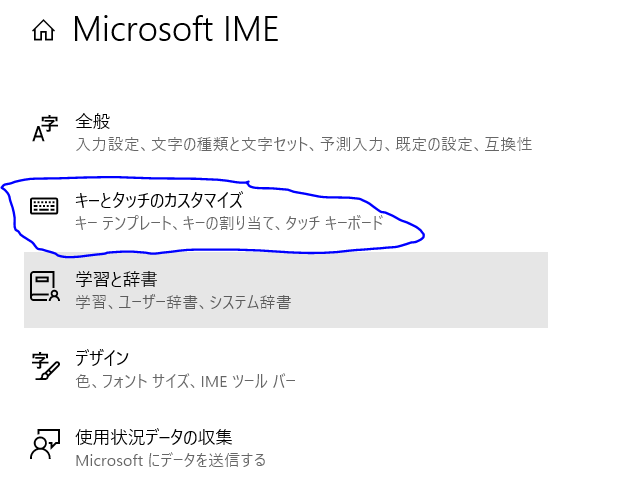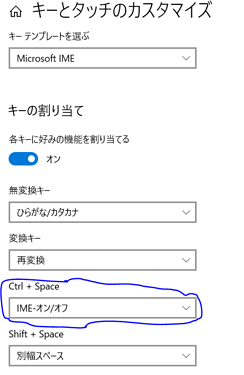Congrats on your progress and persistence!
My goal is the same as yours, conversing with Japanese folks.
Below are a few notes based on my experience over the years. They may or may not resonate with you, but just wanted to offer a summary of what has worked for me. This is also just for casual encounters, not a workplace environment.
・Have an outline of a ごしょうかい in your mind for use in conversation to explore points of shared interest. Practice this so you can articulate your thoughts smoothly. And continue to update it as your life progresses.
・Learn vocab for your areas of interest
・Watch native Japanese YouTube content in your areas of interest
・Most importantly; practice, practice, practice. The more you speak, the more it will become second nature. Do not go a long stretch of time without practicing. At a minimum, have a conversation with yourself out loud. Perhaps practice your ごしょうかい and turn it into a mock conversation.
・Don’t feel bad if you revert to basic Japanese grammar structures. I often revert to basic Japanese since I can speak it more quickly without thinking. Although I try to incorporate new grammars into my speech, for the most part its mainly useful for me in listening comprehension.
・Don’t feel bad if you mess up, its always a learning moment and it becomes a mistake you hopefully wont make again. In my experience, people have always helped by gently correcting me or asking clarifying questions. I think most people are just happy that a foreigner is trying to learn Japanese.
・Get used to the flow of conversations and usage of appropriate aisatsu (both verbal and non-verbal)
・Practice with as many people as possible since people speak with different speeds, dialects, slang, etc.
・Practice at local meetups if available (usually free)
・Practice at local izakayas if available and if staffed/frequented by Japanese. Sit at the counter. Offer the staff-san a drink. Likewise, if you are able to strike up a conversation with a fellow patron, offer them a drink as well. (associated cost)
・Practice with various conversation tutors on italki if possible (associated cost)
・Practice with people on HelloTalk (make sure to explicitly state in your profile that you are not looking for a relationship to avoid weirdos) (free)
・And the most obvious one, try to visit Japan when you are able to and completely immerse yourself in the culture and speaking as much as possible.
When I have a great conversation, it is the biggest motivator for my continued studies.
Best of luck in your language learning journey and I hope you are able to achieve your goals.





